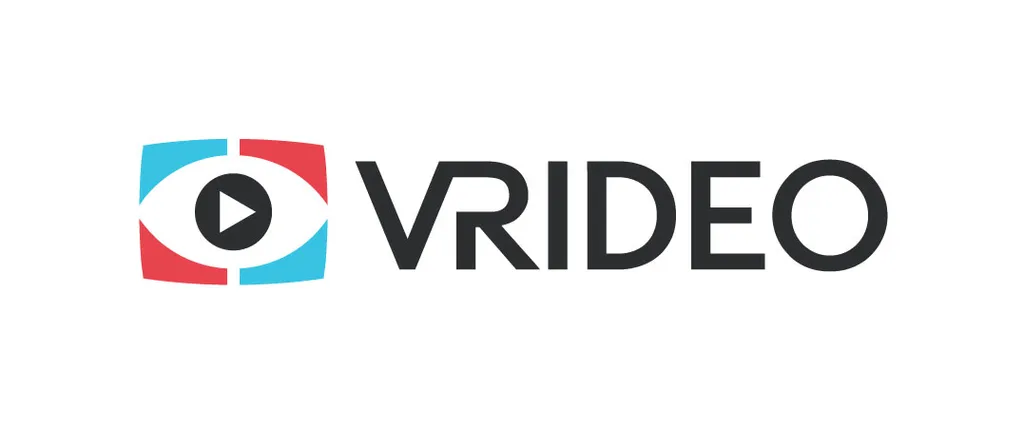360-degree video hosting service Vrideo is gone. The service shut down yesterday — it had launched in beta in March 2015 and raised $2 million total. The startup was competing against Jaunt, Littlstar and giants like Google’s YouTube to host 360-degree immersive content.
In a post outlining the company’s efforts, founder and CEO Alex Rosenfeld wrote, “When we first started working on Vrideo, Facebook hadn’t yet acquired Oculus, Sony hadn’t announced ‘Project Morpheus,’ and Google wasn’t even talking about VR.” Rosenfeld wrote that Vrideo had been installed 700,000 times, was available for all major headsets and has been highly rated on PlayStation VR. From the post:
…we often joke about the fact that we have more apps than we do team members. Unfortunately, though, we’ve now stretched this modest funding as far as it could take us, especially in light of the rising costs associated with our growth.
The company is encouraging creators who have videos on the service to contact support@vrideo.com to get help “retrieving any videos you don’t have local copies of.”
The shutdown of Vrideo represents one of the highest profile modern VR startup closures. It is not the last, however, as startups will begin running out of money in a highly competitive market now being overtaken by heavy hitters such as Google, Facebook, and Microsoft. It also raises questions about how Jaunt and Littlstar plan to evolve or survive when competing against these tech giants. Jaunt, for example, had raised $65 million last year to grow its live-action capture ambitions. Jaunt doesn’t just offer a 360-degree hosting service though. The company also developed its own camera and works with creators to develop original content. Still, 360-degree video content is not generally what people are paying for when it comes to VR experiences. Instead, room-scale games like The Gallery and Raw Data, which were built using game engines, saw more than $1 million in sales, but those were released to the gamer market on Steam.
While we’ve been impressed with 360-degree captured content from studios such as Felix & Paul, they are an exception and 360-degree content creation is still quite difficult to do well, let alone sell to buyers.


























